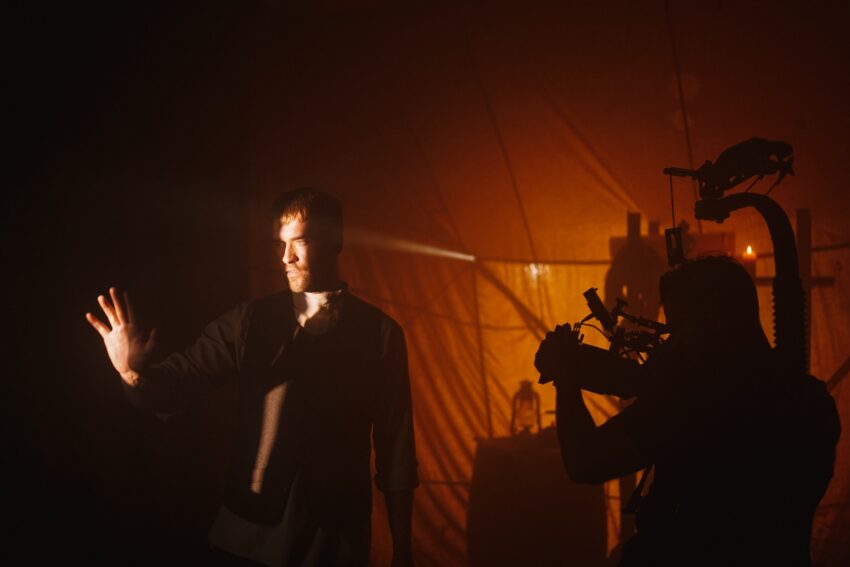B”H
Back in Europe, a Chasid (Chasid or Hassidim, a Jewish sect founded in Poland about 1750, characterized by religious zeal, spirit of prayer, and charity) was on his way to visit his Rabbi when he was offered a lift to the nearby town by a fellow Jew. This Jew was a well-respected doctor who was en route to pay a visit to one of his patients.
The Chasid accepted the doctor’s kind offer, and the wagon driver assisted the Chasid onto the Landau, a luxurious carriage, drawn by 4 horses. As the journey began the doctor quickly introduced himself to Chasid as one of the top doctors in Europe. He explained to him that because of his vast knowledge in his field he usually charged very high prices. To this, the Chasid responded, “So do I”
The doctor continued and said, “However, many times the patients can’t afford to pay my rates, so I give discounts to those in need.” To this, the Chasid responded once again, “So do I” The doctor continued on and said, “Sometimes the families are so destitute I don’t even charge them at all for the visit.” And to this, the Chasid once again responded, “So do I.” The doctor, now getting annoyed, continued on and said, “Sometimes the patients are poor widows and orphans, and not only do I not charge them, I actually purchase the medicine for them that they need.” To this, once again the Chasid not missing a beat nodded his head again and said, “So do I.”
At this point, the doctor, very displeased, looked at this simple-looking Chasid and asked, “What do you do that you respond to everything that I say, “So do I?”
The Chasid, noticing that they had arrived at their destination, and without even looking up replied, “I also flaunt all of the good things that I do when I first meet someone.” The Chasid thanked him for the ride and wished the doctor well as he exited the carriage.
In this week’s Torah reading Noach, Hebrew for Noah, is called a righteous or virtuous person of his generation. The commentators are quick to point out that some say he was righteous only in his generation. However, if he would have been in the generation of Avraham, his level of righteousness would not have been noticed.
The main criticism of him is pointed out in the Zohar, the chief text of the Jewish Kabbalah, for failing to pray on behalf of the wicked people to save them as Avraham did for the people of Sodom, a legendary city of Sodom, whose destruction was a narrative in the Bible. Rav Dessler, an Orthodox Rabbi, Talmudic Scholar, and ethnicist of the 20th Century, points out that Hashem could have destroyed the evil people and saved Noach and his family in a much shorter time, however, Hashem wanted Noach to spend an entire year taking care of the animals so that he could redeem himself from his selfishness and be worthy of rebuilding the human population from him and his descendants. As it is known, that kind of behavior has a positive effect on one’s personal development.
Chasidus takes this one step further and explains that there is a certain comfort in dwelling in the good zone.
However, we know that the evil inclination is called very good. Chasidus explains that the infinite light is called darkness. This means practically that people can develop healthy comfortable relationships with other people as long as both parties are on their best behavior. Building a relationship with someone where you can allow yourself to reveal your shortcomings or your darkest fears is much more difficult to achieve.
Chasidus goes on to explain that Noach was having trouble getting beyond his level of righteousness. Hashem brought on the floods in order to force him into a dark place that he was not familiar with. Noach would have to reinvent and transform himself into a person who is righteous and actively concerned for the welfare of society around him.
Sometimes in life, people are hit with totally unexpected challenges. These challenges can knock us out of our comfort zone and thus trigger a flood of anxiety. One must remember that this darkness, is in truth an infinite light. It offers us a golden opportunity to finally stand up to the darkness that you were fighting so hard to conceal and finally deal with it. The power to confront one’s personal demons and move on is the door opening to one’s infinite potential.
Have a wonderful Shabbos,
Yitzchok Friedman

